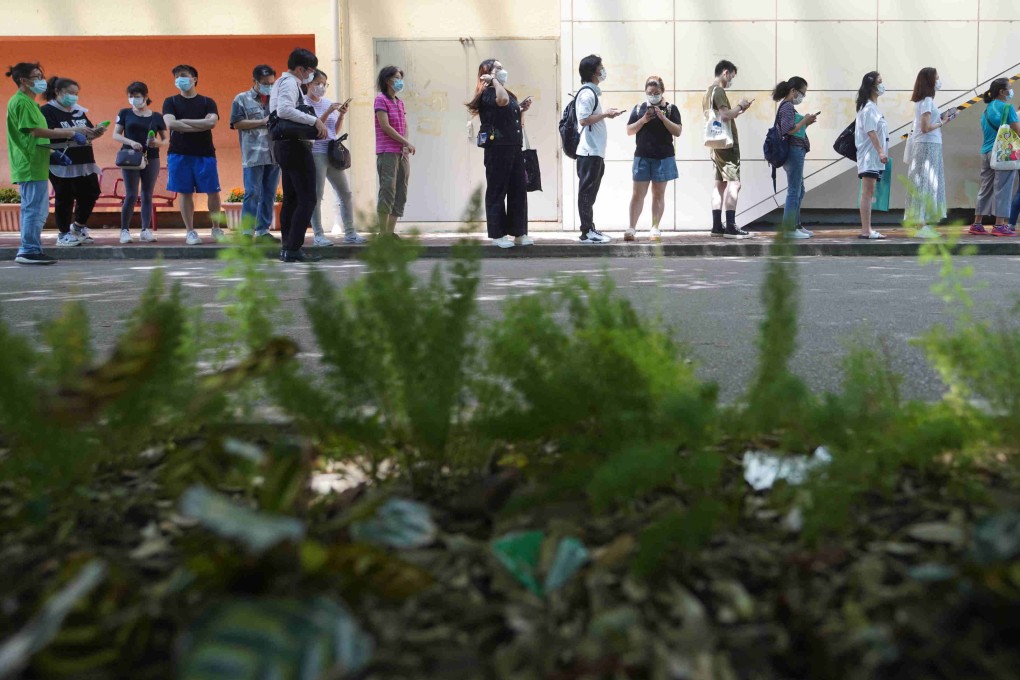Advertisement
Coronavirus: about 90 Hong Kong cases of adverse vaccine reactions investigated to date could be linked to jabs, expert says, though few side effects serious
- The figure represents about a third of the more than 300 cases reviewed so far out of 3 million doses administered, numbers considered ‘quite similar to other countries’
- City, meanwhile, confirms just one imported infection on Saturday – from Britain – marking 14 straight days without a local infection
Reading Time:3 minutes
Why you can trust SCMP
42

Just under a third of the more than 300 adverse events reviewed by Hong Kong health authorities following Covid-19 vaccinations so far could be linked to the jabs, a top government adviser has revealed, though few have involved serious side effects.
While the jabs in question represent just a fraction of the 3 million administered in the city to date, fears over the use of vaccines have remained high in recent weeks, despite the local Covid-19 situation stabilising.
On Saturday, only one imported coronavirus infection from Britain was confirmed, according to the Centre for Health Protection, marking 14 straight days without a local case.
Advertisement
Hong Kong’s overall Covid-19 infection tally stood at 11,885, with 210 related deaths.
A review of reported adverse vaccine events in the past three months found that about 90 of the 300-plus investigated in the time frame could be related, or at least had not been ruled out as having links to the vaccines, said Professor Ivan Hung Fan-ngai, co-convenor of the Expert Committee on Clinical Events Assessment Following Covid-19 Immunisation.
Advertisement
Advertisement
Select Voice
Choose your listening speed
Get through articles 2x faster
1.25x
250 WPM
Slow
Average
Fast
1.25x